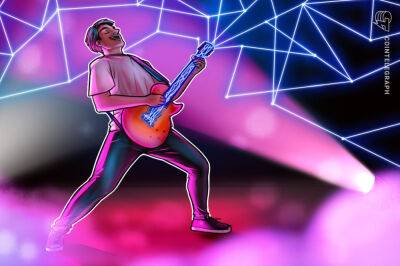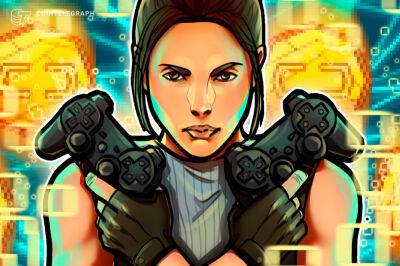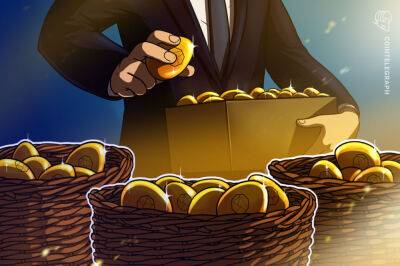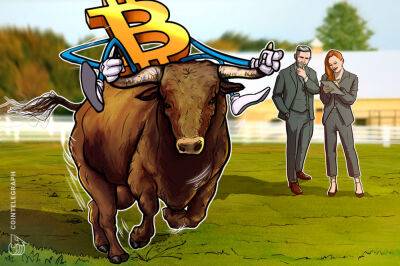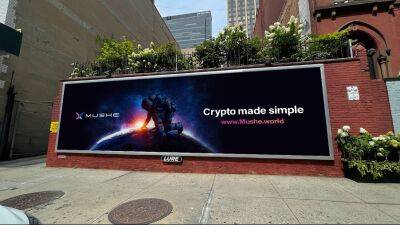Next-generation entertainment company releases project to co-create content with creators
Japan is globally recognized as a derivative work powerhouse, with derivative works defined as creations like manga or illustrations written by individuals unrelated to the original creator. As a powerhouse, Japanese content supported by this work holds an important place in society, with secondary creation amounting to more than 10 billion yen.
The unfortunate reality is that while an illustrator or other creator may share their works on social media, such as on a platform like Twitter, to boost their popularity, they will run the risk of their work being modified. Sometimes these efforts are malicious, resulting in work that has the potential of being banned. For creators, this may prove to be detrimental to one's career, as they may never know when, where, or who is duplicating their works.
Digital Entertainment Asset (DEA) has prepared a response to this challenge by creating a mechanism that would enable players and creators to work together in a joint effort to make money through games. The mechanism called PlayMining, a leading nonfungible token (NFT) game platform for the global GameFi industry, launched in April 2020.
PlayMining was born with the goal of building a system that protects the rights and benefits of global creators from Japan and abroad while creating all-new entertainment content.
Since 2018, DEA has succeeded in creating NFTs from the all-new original artwork of over 100 creators, including some of Japan's most famous manga artists.
DEA is taking a three-pronged approach to the operation of the PlayMining economic zone, focusing primarily on the issuance of the native token DEAPcoin (DEP), the establishment and operation of an NFT marketplace for NFT sale and the introduction of the play-to-earn games.
Read more on cointelegraph.com

